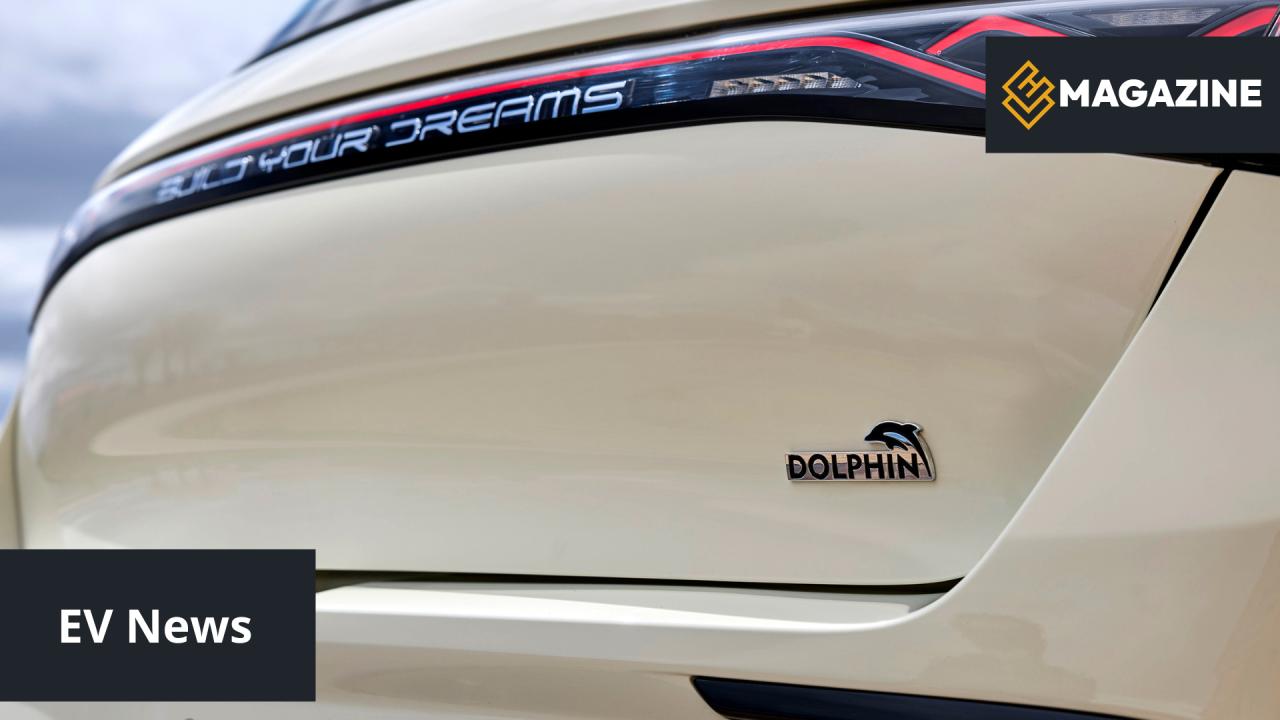$425M
$128M
76%
$4.20
The CAFE Standards Under Siege
Corporate Average Fuel Economy (CAFE) standards, established in 1975 following the oil crisis, are facing their most serious political challenge in decades. These regulations require automakers to meet specific fuel efficiency targets across their entire vehicle fleet, serving as a cornerstone of U.S. environmental policy for nearly five decades.
Senate Republicans, led by Commerce Committee chair Ted Cruz, have proposed eliminating CAFE penalties entirely as part of President Trump's broader tax bill. This legislative move aims to reduce regulatory burden on domestic automakers, particularly benefiting companies heavily invested in truck and SUV production.
Industry Divisions on Environmental Standards
Strategic Focus: GM's first-ever CAFE penalties reflect the increasing difficulty of meeting stringent standards while maintaining profitable truck-focused product lines.
Market Reality: Stellantis relies heavily on high-performance models with V8 engines that significantly impact fleet fuel economy averages.
Strategic Advantage: Ford's early commitment to hybrid technologies has enabled compliance without financial penalties, demonstrating alternative pathways to regulatory success.
Chinese Automotive Dominance Reshapes Global Markets
BYD expects to more than double its European sales from 83,000 units in 2024 to 186,000 units in 2025, with projections reaching 400,000 units by 2029. This aggressive expansion comes despite EU tariffs specifically targeting Chinese electric vehicle imports.
BYD's Hungarian plant opens in October 2025, followed by Turkish facility in March 2026, targeting combined capacity of 500,000 units.
BYD beat Tesla in European BEV sales for the first time in April 2025, with registrations surging 359% year-over-year.
Chinese automakers increased PHEV registrations by 546% in Europe, now accounting for almost 10% of total hybrid volumes.
BYD aims to sell half of its vehicles outside China by 2030, potentially reaching 10 million annual sales.
The current CAFE rules are challenging to achieve for automakers. The combination of high penalties with the nearly impossible CAFE standards finalized during the previous administration is a major problem.
Tesla's Robotaxi Reality Check
Austin Pilot Launch Details
Tesla deployed its first commercial robotaxi service in Austin, Texas, on June 22, 2025, with customers paying a $4.20 flat fee for autonomous rides in a limited geographic area. The pilot program represents a significant milestone in autonomous vehicle commercialization, albeit with substantial operational constraints.
The service operates with approximately 10 Model Y vehicles equipped with safety monitors in the front passenger seat, remote teleoperators, and restrictions avoiding bad weather and difficult intersections.
Early Operational Challenges
NHTSA contacted Tesla after social media videos showed robotaxis driving erratically, including traveling the wrong way and braking hard in traffic.
Texas lawmakers requested Tesla delay the launch until September 1, when new autonomous vehicle regulations take effect.
Operations are restricted to daylight hours, good weather conditions, and invited users primarily consisting of Tesla promoters.
Tesla introduced a dedicated robotaxi app with geofenced operations, though service areas remain highly constrained compared to traditional ride-sharing.
Market Implications and Strategic Consequences
The elimination of CAFE penalties would significantly impact the automotive industry's carbon credit marketplace. Companies like Tesla and Rivian generate substantial revenue by selling regulatory credits to manufacturers struggling with fleet efficiency requirements.

